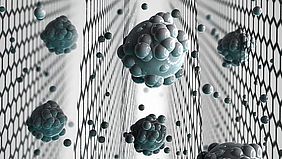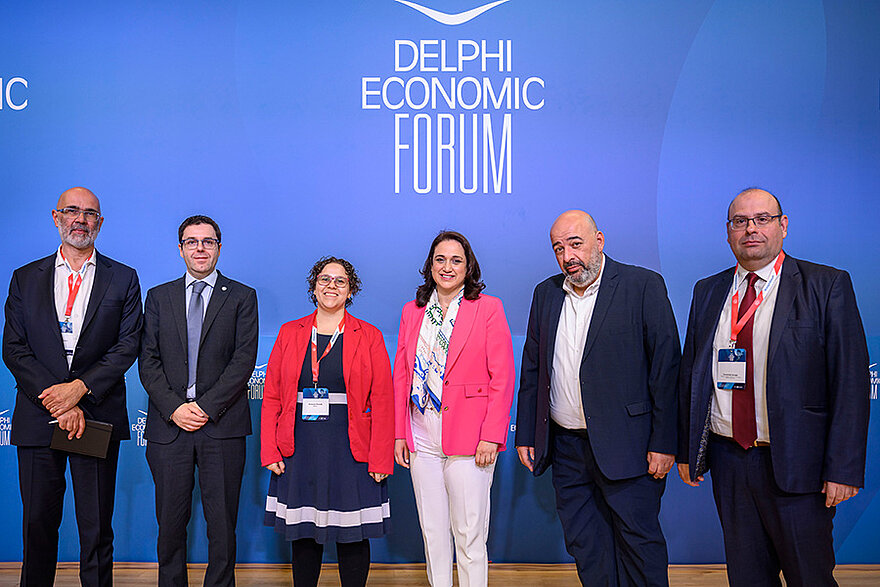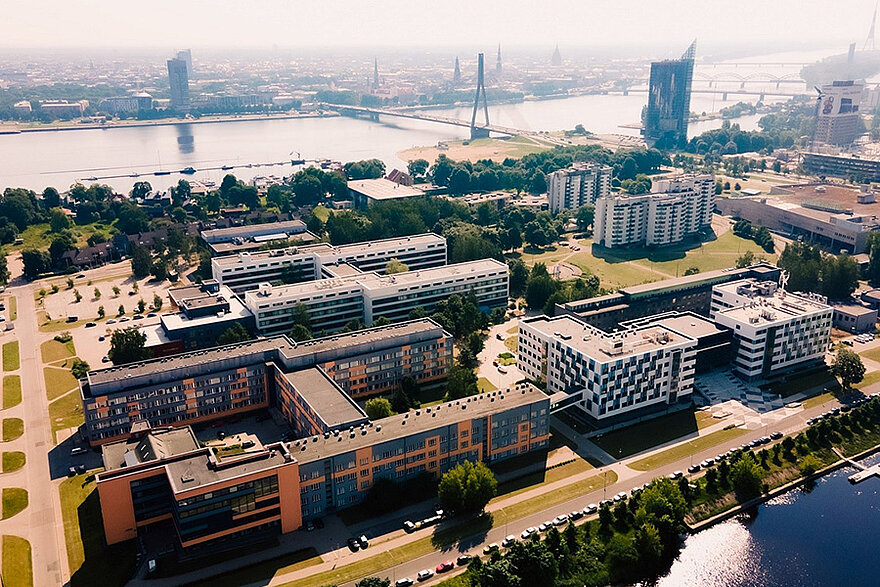We are thirsty. In a year we use some 4,000 cubic kilometres of fresh water, and overall we have plenty of fresh water on Earth (fresh but not necessarily clean, getting purified water in general needs processing). However, fresh water is not evenly distributed and most of it is in areas (like Canada) where there is very little demand. On the contrary, there are several areas, in Africa, Middle East and Asia, where fresh water is scarce.
In most of these areas we have plenty of seawater, so why not remove the salt and get freshwater? The problem is that it takes a lot of energy to separate the salt from the water.
We have now more and more efficient desalination plants (Israel is leading the pack) still the issue of further decreasing the need for energy in the desalination process remain.
Here is where the research being done in UK, at Manchester University, comes in. It is reported in an interesting paper on Nature.
Manchester University has been leading in graphene technology and here a team of researchers has found a way to use layers of graphene to desalinate water.
It is now some years that researchers have been using graphene as a sieve but separating salt (ions) molecules have proved difficult since these are smaller than the "holes" so far manufactured in graphene layers. Actually the holes are smaller when the layer is manufactured but they swell as the graphene layer gets soaked with seawater (as a matter of fact I am using the word "hole" in a loose sense, it is more a matter of electrical potential among molecules, but I feel that the image of a sieve with holes it is easier to understand).
The researchers have now found a way to tune these "holes" to separate different sorts of molecules. They use a derivative of graphene, a graphene oxide. Graphene oxide is easier to produce than graphene and by placing an epoxy resins on both sides the researchers have shown that it is possible to control the swelling and keeping it in acceptable range.
Solving the problem of fresh water is a crucial step not just in quenching our thirst but also in avoiding wars. We had wars for opium, for oil and in the future very likely for water, unless we find a solution. Technology in this area may be the solution.







